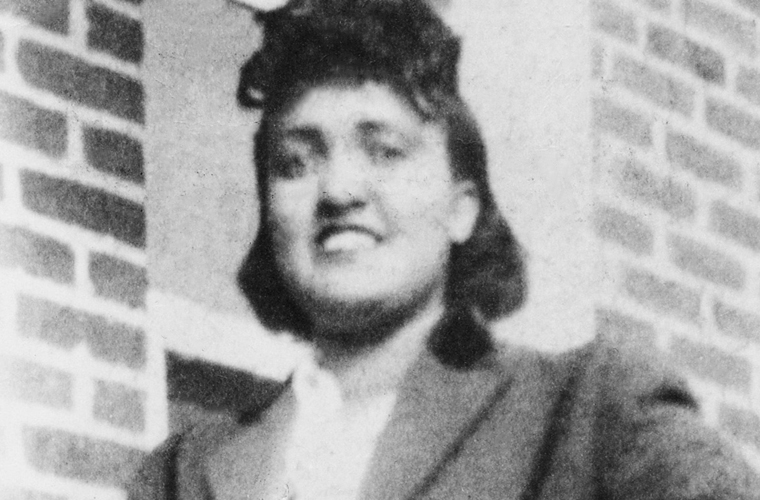Henrietta Lacks, a name that may have been unknown to many until recent years, has emerged as a symbol of the complex relationship between medical progress and ethical considerations. Her story not only highlights the indispensable contributions she made to science but also raises important questions regarding consent, privacy, and the rights of patients. This article delves into the life of Henrietta Lacks, the impact of her immortal cells, and the ethical implications surrounding her story.
Henrietta Lacks was born on August 1, 1920, in Roanoke, Virginia. A descendant of enslaved individuals, she grew up in poverty and faced numerous challenges throughout her life. Despite her limited education, Henrietta possessed an inherent curiosity and a fierce determination that would ultimately change the course of medical history.
In 1951, at the age of 31, Henrietta Lacks was diagnosed with cervical cancer. During her treatment at Johns Hopkins Hospital in Baltimore, Maryland, without her knowledge or consent, a sample of her tumor cells was taken by Dr. George Gey. These cells, known as HeLa cells, were the first human cells to be successfully grown in a laboratory and have since become a cornerstone of medical research.
HeLa cells proved to be revolutionary in medical research, leading to numerous scientific breakthroughs. They played a vital role in the development of vaccines, the study of viruses, cancer research, and the understanding of genetic diseases. HeLa cells have been used in over 74,000 scientific papers and have been instrumental in the advancement of various fields of medicine.
The use of Henrietta Lacks’ cells without her knowledge has sparked intense debates surrounding patient consent and privacy issues. The ethical implications of using her cells and profiting from them without her consent raise questions about the rights of patients and the responsibilities of the medical community. The case of Henrietta Lacks has fueled conversations about the need for improved patient rights and informed consent practices.
In 1996, the story of Henrietta Lacks gained widespread attention with the publication of the book “The Immortal Life of Henrietta Lacks” by Rebecca Skloot. The book shed light on the extraordinary life of Henrietta and the medical advancements driven by her cells. It also revealed the Lacks family’s struggle to understand and come to terms with their mother’s legacy.
In response to the book’s success, the Henrietta Lacks Foundation was established in 2010. Its primary goal is to support education and medical research, while also providing assistance to the Lacks family. The foundation aims to honor Henrietta’s memory by addressing the ethical concerns raised by her story and advocating for patients’ rights.
Henrietta Lacks’ story is one of resilience, scientific progress, and ethical dilemmas. Her unwitting contribution to medical science through the immortal HeLa cells has forever changed the landscape of medicine. However, her story also serves as a reminder of the importance of informed consent, privacy, and the ethical responsibilities of the medical community. As we continue to benefit from the advancements made possible by Henrietta’s cells, it is crucial that we reflect on the enduring ethical questions her story raises and work towards a future where patient rights and medical progress walk hand in hand.

